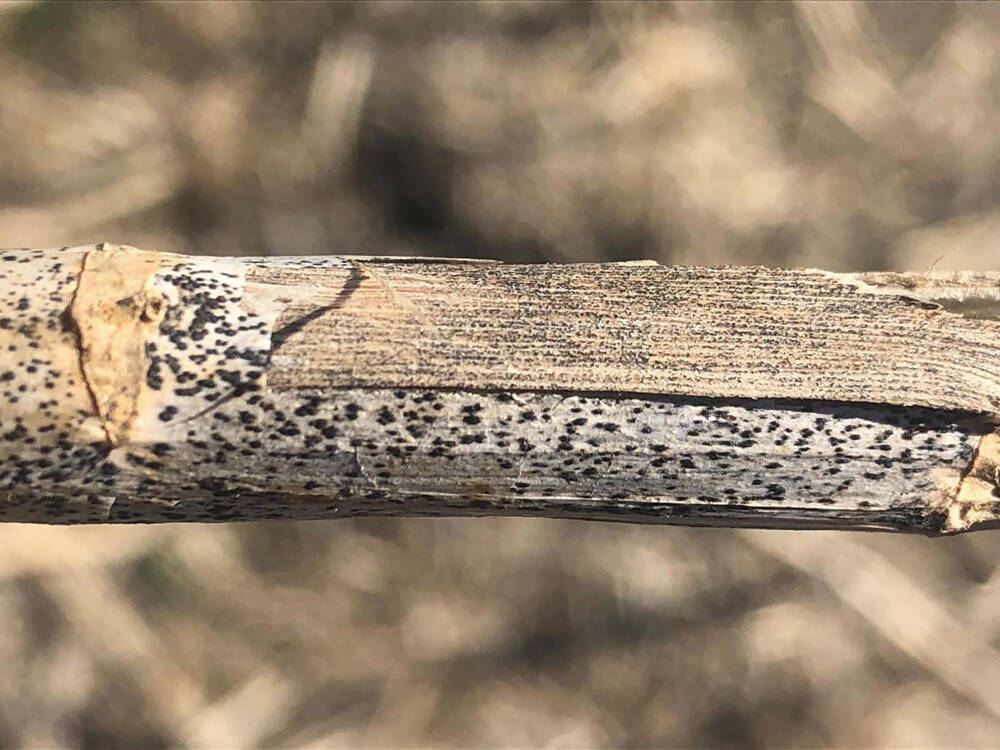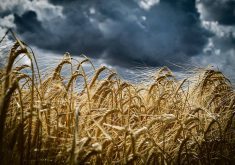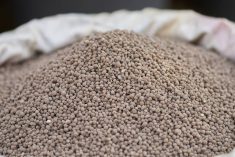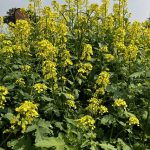Germany’s new grand coalition government will curb the cultivation of maize (corn) for bioelectricity production, the new coalition showed on Nov. 26.
Under the agreement, the new government will limit any expansion of bioenergy production to use only waste or leftover materials as feedstock.
Chancellor Angela Merkel’s conservatives and the centre-left Social Democrats (SPD) agreed a coalition contract that puts Germany on track to have a new government in place by Christmas.
German farmers cultivate large volumes of maize for electricity, often selling to power utilities from on-farm generators and benefit from high feed-in tariffs introduced to stimulate Germany’s switch to renewable energy.
Read Also

A look at disease prevalence in Alberta crops in 2025
Crop assurance program lead gives irrigated farmers a recap of disease prevalence in crops throughout Alberta
But the huge expansion of maize cultivation, mostly outside official harvest figures, has generated criticism about a one-sided agricultural policy.
Using more waste for biopower would protect nature, prevent maize dominating the countryside and reduce competition for land with other crops, the coalition agreement said.
GM labelling
The agreement also confirmed the new government would seek tougher regulations in the European Union for labelling meat from farm animals fed on genetically modified (GMO) crops.
“We recognize the reservations of the majority of the population against agricultural genetic technology,” it said.
“We will seek an EU labelling duty for products from animals which have been fed with genetically modified plants,” it said, confirming a draft coalition agricultural policy document seen by Reuters Nov. 25.














